- Home
- About Us
- Products
-
Heat-Pump Dehumidifier DeAir
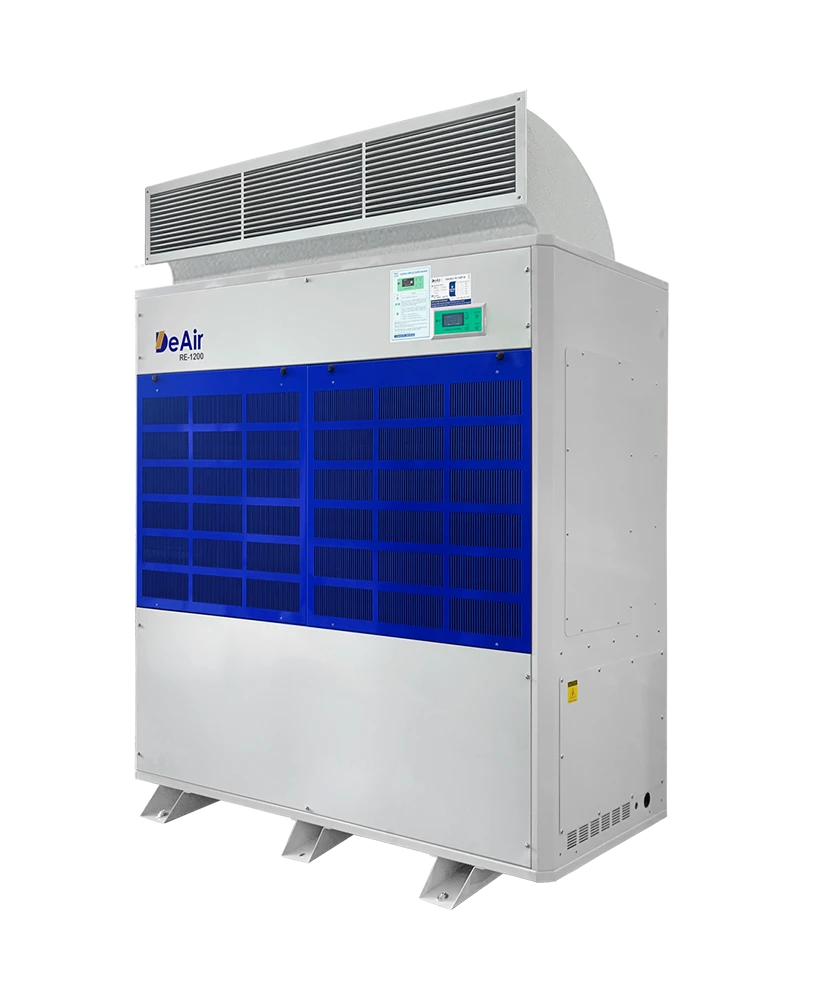 DeAir.RE
DeAir.RE -
Heat-Pump Dryer DeAir.RE-H
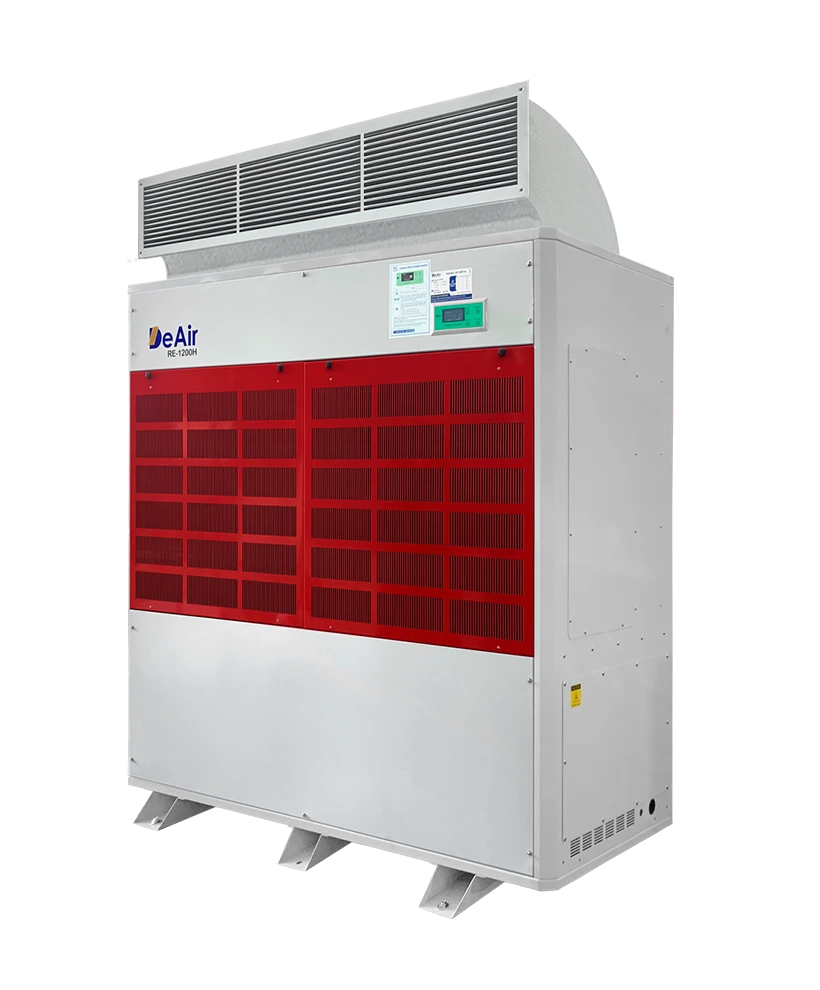 DeAir.RE-H
DeAir.RE-H -
Heat-Pump Stainless Steel Dehumidifier
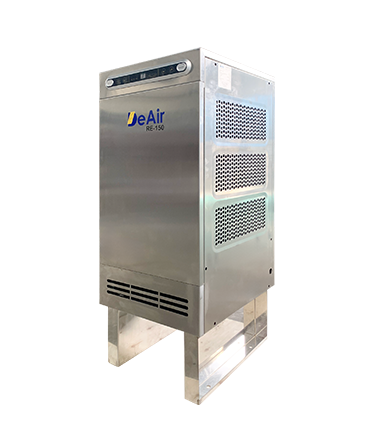 DeAir.RE-INOX
DeAir.RE-INOX -
Heat-Pump Isothermal Dehumidifier DeAir.CRE
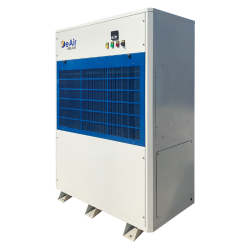 DeAir.CRE
DeAir.CRE -
Dezenno Dehumidifier
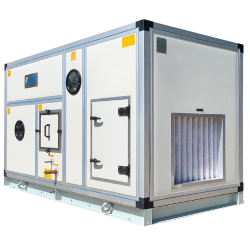 Dezenno
Dezenno -
Heat-Pump Ceiling Mounted Dehumidifier DeAir
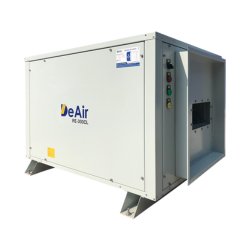 DeAir.RE-CL
DeAir.RE-CL -
Dehumidifier Olmas
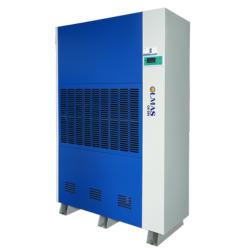 Olmas-OS
Olmas-OS -
Industrial Humidifier DeAir
 DeAir.HM
DeAir.HM -
Heat-Pump Dryer Daxwell
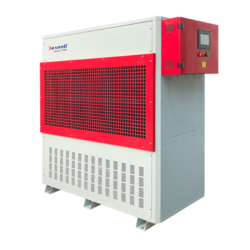 Daxwell
Daxwell -
Electric Duct Heater DeAir
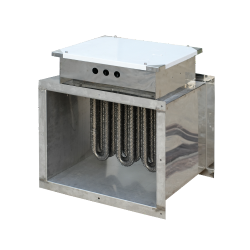 DeAir.Heat
DeAir.Heat -
Air Handling Unit Dezenno.MAX
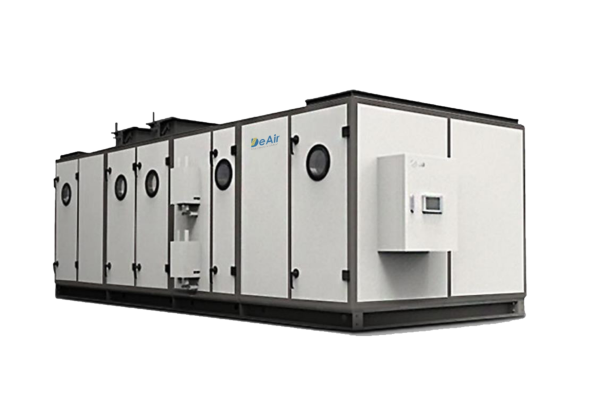 AHU
AHU
-
- Services
- Projects
- Warranty – Maintenance
- News
- Contact
Industrial Dehumidifier Price Analysis: 5 "Hidden" Factors That Determine Investment Costs
02/10/2025
When looking to purchase an industrial dehumidifier, you receive multiple quotes with significant price differences and wonder, "Why do machines with the same capacity vary so much in price?" This difference lies not just in the brand, but in a series of technical factors and service values that are not always immediately apparent.
This article, from the perspective of DeAir's experts, will break down the 5 key "hidden" factors behind every number on a price quote, helping your business make a wise and effective investment decision.

Table of Contents
1. Dehumidification Technology: The "Heart" that Dictates Performance and Price
This is the single biggest factor affecting the price. Each technology has its pros and cons, suited for different applications.
- Condensing Dehumidifiers: These have the lowest initial investment cost and operate effectively in normal temperature and humidity conditions (above 20°C, RH > 60%). However, their performance drops significantly at lower temperatures.
- Rotor (Desiccant) Dehumidifiers: The investment cost is considerably higher due to the complex structure with a desiccant rotor and a thermal regeneration process. In return, this technology can operate efficiently at very low temperatures and achieve ultra-low humidity levels (below 40% RH). It is a mandatory choice for applications like cold storage, pharmaceutical production, and lithium battery manufacturing. DeAir's Dezenno Rotor Dehumidifier line is a prime example of this technology.
- Heat-Pump Dehumidifiers: This is DeAir's core technology. With a reasonable investment cost, a heat pump dehumidifier offers a dual advantage: high dehumidification efficiency and outstanding energy savings by reusing heat to warm the outlet air. This results in the lowest Total Cost of Ownership for most industrial applications in Vietnam.
2. Brand & Country of Origin: From G7 to "Made in Vietnam"
Brand reputation and origin are also significant factors. Brands from G7/European countries often come with a high price tag due to long-standing brand value, R&D costs, import taxes, and shipping. Conversely, some Asian brands may be cheaper, but their quality and reliability can be inconsistent.
DeAir positions itself as the smart choice with its "Made in Vietnam" products. Local manufacturing allows DeAir to optimize costs while ensuring international quality standards for components and technology, coupled with a deep understanding of the specific local climate conditions.
3. Component Quality: The "Heartbeat" of the Dehumidifier
Two machines might look identical on the outside, but their internal components determine the difference in price and durability.
- Compressor: Often called the "heart" of condensing and heat-pump dehumidifiers. DeAir prioritizes high-performance compressors from leading brands, ensuring durable, quiet, and energy-efficient operation.
- Other Components: The quality of the fan, the thickness and coating of the heat exchange coils, and the control board all affect the machine's lifespan and stability. A low-cost product often compromises on these components, leading to expensive repairs and maintenance down the line.
5 FACTORS INFLUENCING INDUSTRIAL DEHUMIDIFIER QUOTES
Technology
Rotor > Heat-Pump > Condensing. More complex technology costs more but offers specialized performance.
Brand
G7/EU brands are the most expensive. DeAir "Made in Vietnam" offers a balance of quality and cost.
Components
High-quality compressors, fans, and coils determine the durability and efficiency of the machine.
Casing Material
Stainless steel is more expensive than powder-coated steel but is necessary for corrosive or hygienic environments.
Service
Warranty policies, technical teams, and maintenance services are crucial value-added components of the product.
4. Casing Material: Powder-Coated Steel vs. Stainless Steel
The material used for the machine's casing also creates a significant difference in price and application.
- Powder-Coated Steel: This is the standard, cost-effective option suitable for most general factory and warehouse environments.
- Stainless Steel (INOX): While significantly more expensive, it is a mandatory requirement for specific environments such as seafood processing plants, chemical factories, pharmaceutical facilities, or any area with high food safety and hygiene standards. DeAir offers a dedicated line of stainless steel dehumidifiers to meet these demanding requirements.
5. Optional Features and After-Sales Service Value
Finally, a price quote includes more than just the hardware. Optional features and the quality of after-sales service are value-added elements.
- Optional Features: The ability to integrate with a BMS (Building Management System), the inclusion of an auxiliary heater, remote control via IoT, and mobile casters are all options that increase the initial cost but offer greater convenience and system control.
- After-Sales Service - The "Hidden Cost" to Consider: This is a value that buyers often overlook. A cheap product with no clear warranty policy or technical support can become a costly burden in the future. DeAir commits to a 24-month product warranty, supported by a skilled nationwide technical team, ready to assist customers according to professional ISO 9001:2015 certified procedures.
To help you understand better, DeAir has compiled some frequently asked questions that customers have when considering the investment cost of an industrial dehumidifier:
1. Why are rotor dehumidifiers more expensive than condensing dehumidifiers?
Rotor dehumidifiers use desiccant adsorption technology with a silica gel rotor and a more complex thermal regeneration process. This allows them to operate in low temperatures and achieve ultra-low humidity levels that condensing technology cannot. This complex construction and specialized material make the manufacturing cost and final price significantly higher.
2. Should I just focus on the price and choose the cheapest industrial dehumidifier?
No, you shouldn't. Focusing solely on the initial price can lead to a poor decision. A cheap machine might consume more energy, have a shorter component lifespan, and incur high repair costs, making its long-term total cost of ownership much more expensive. Consider the overall picture of energy efficiency, durability, and after-sales service to make a smart investment.
3. If I need a dehumidifier urgently for an emergency, should I just buy a cheap one temporarily?
Buying an unsuitable unit, even temporarily, may not solve the problem effectively and can be a waste of money. For urgent or temporary needs, a better solution is to use DeAir's industrial dehumidifier rental service. This service provides you with the right capacity and high-quality equipment immediately to handle the emergency without a large upfront investment, giving you time to select a suitable long-term solution.
4. What makes DeAir's after-sales service different?
DeAir is committed to supporting our customers with a 24-month warranty, a nationwide technical team, and a professional service process standardized under the international ISO 9001:2015 certification. We don't just sell equipment; we provide a solution for stable and worry-free operation for your business.
Don't Let Price Quotes Confuse You - Talk to an Expert!
A price quote for an industrial dehumidifier is more than just a number; it's a reflection of technology, quality, and long-term partnership. Let DeAir's experts help you analyze your needs and propose a solution with the best return on investment.
DEAIR JOINT STOCK COMPANY
Email: operation@deair.com.vn
Hotline: 0925 977 579 (Ms. Tam) | 0914 205 850 (Ms. Hoa)
Website: deair.com.vn
Sign up for news from DeAir
Related news






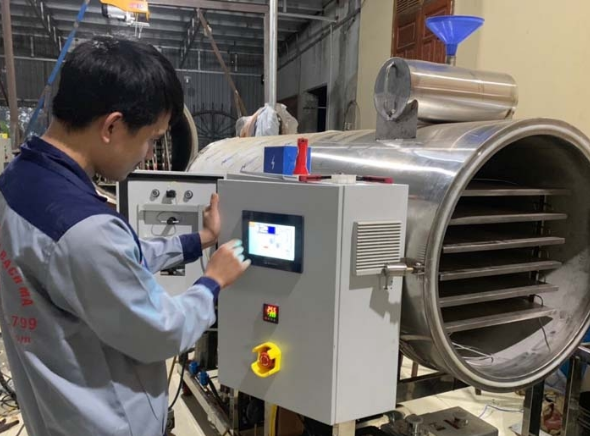



![[Case Study] DeAir Installs DeAir.De Rotor Humidity Control System for Pharmaceutical Plant in Binh Duong [Case Study] DeAir Installs DeAir.De Rotor Humidity Control System for Pharmaceutical Plant in Binh Duong](https://deair.com.vn/thumbs/news/2023_04/ban_giao_may_cho_duoc_bd/[270x153-cr]image1-1024x772.jpg__cv.webp)

![[Review & Guide] Olmas OS-300: The New Humidity Control "Warrior" for Medium to Large Warehouses [Review & Guide] Olmas OS-300: The New Humidity Control "Warrior" for Medium to Large Warehouses](https://deair.com.vn/thumbs/news/huong_dan_su_dung_may_olmas_21/[270x153-cr]vtm06440.png)